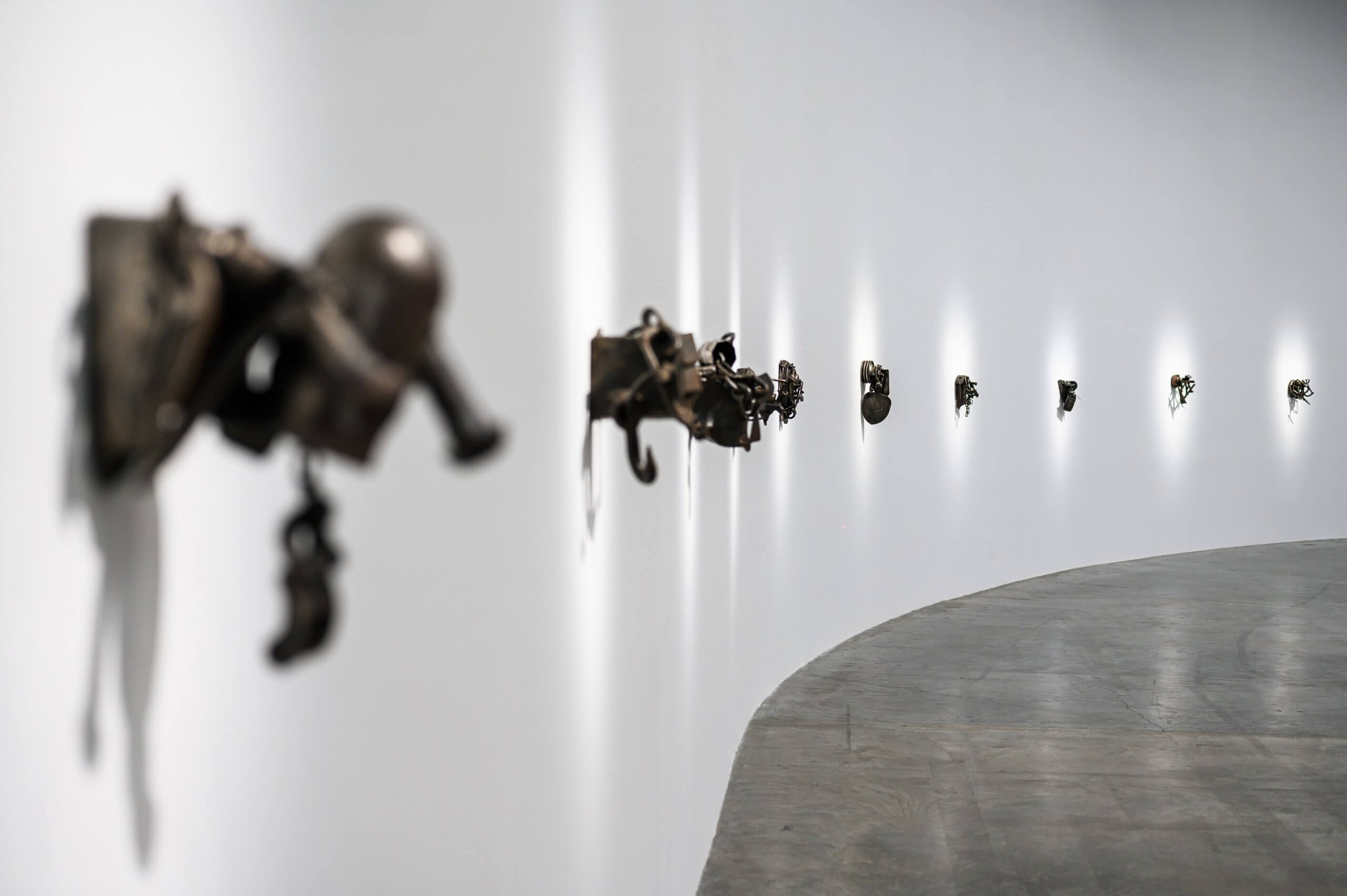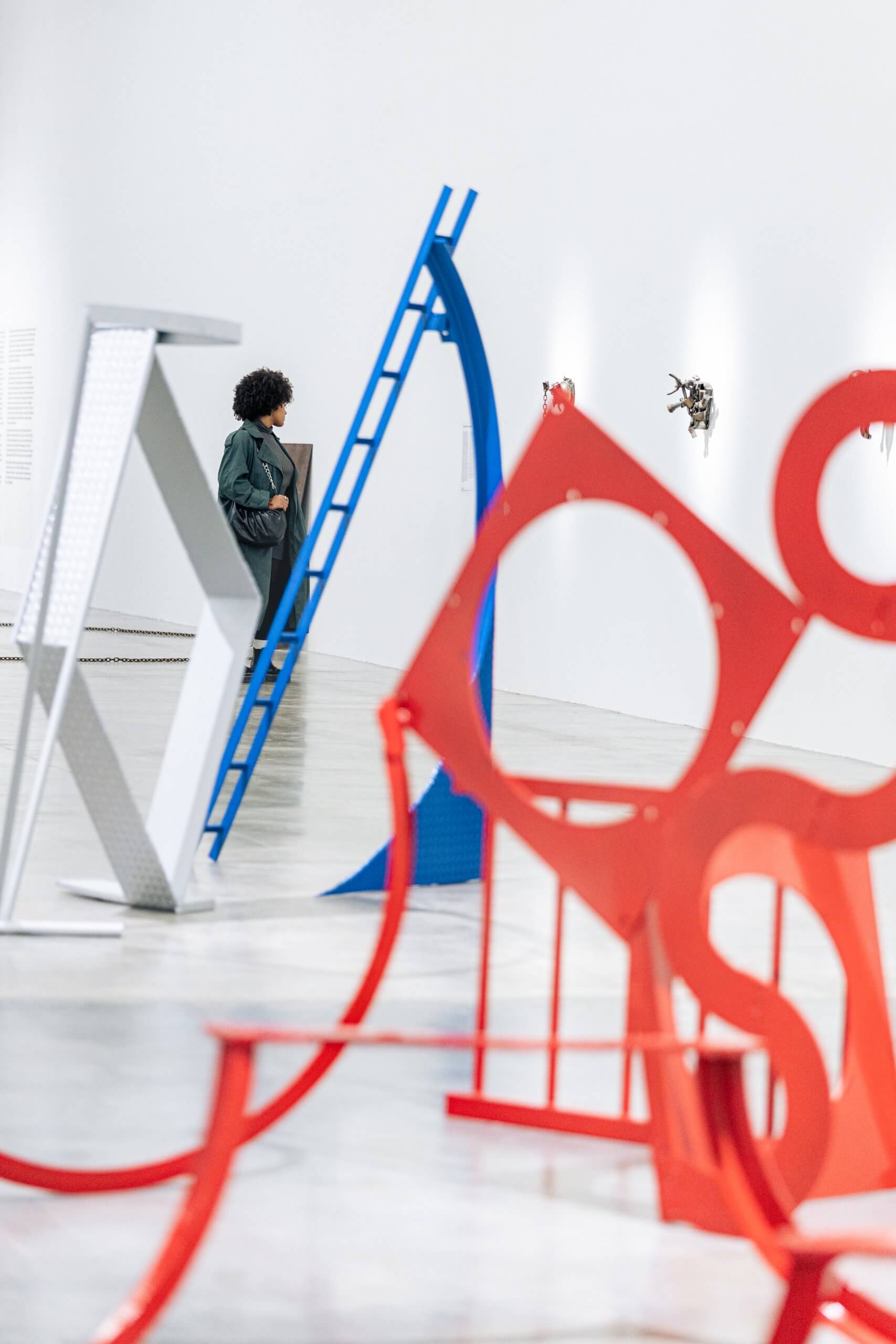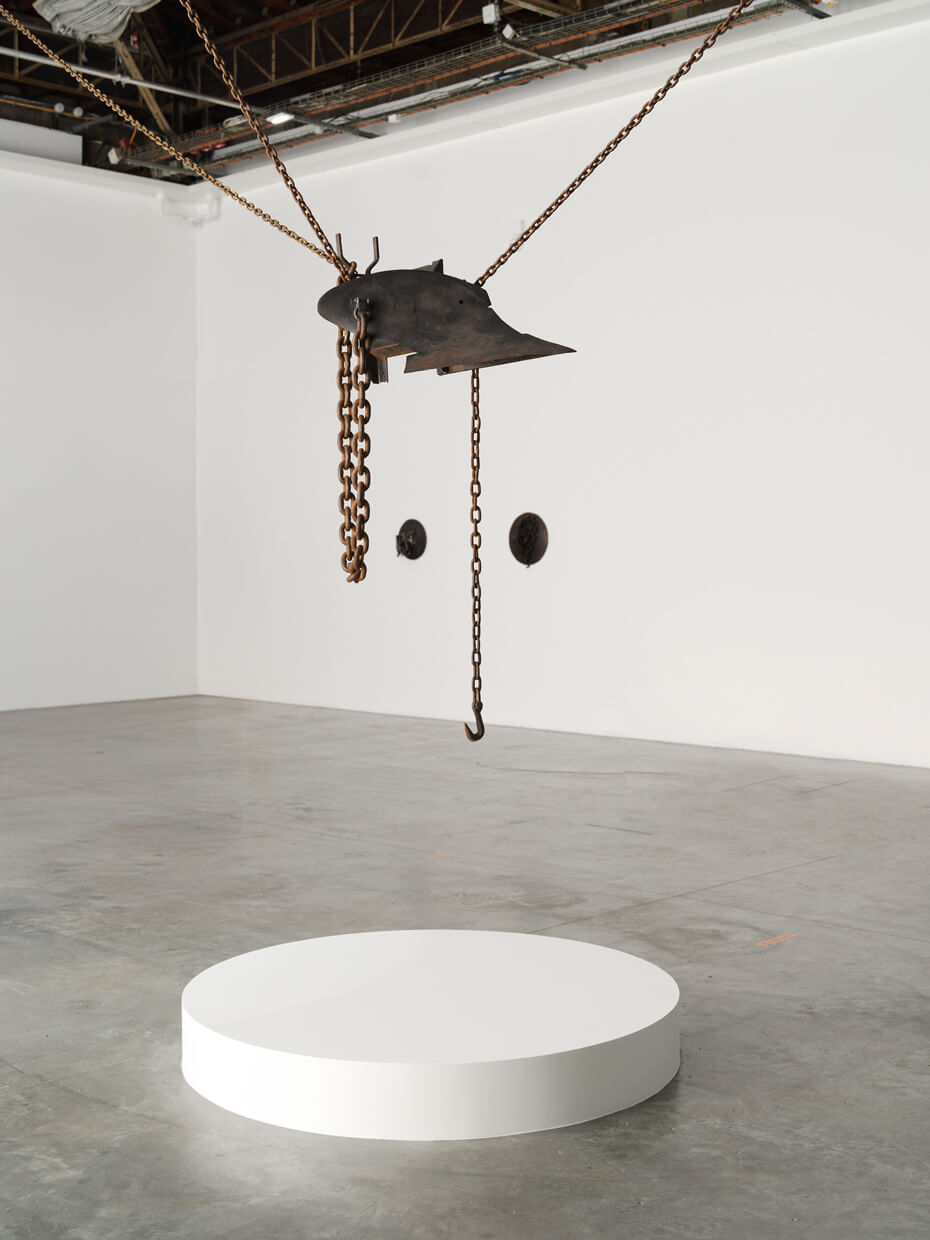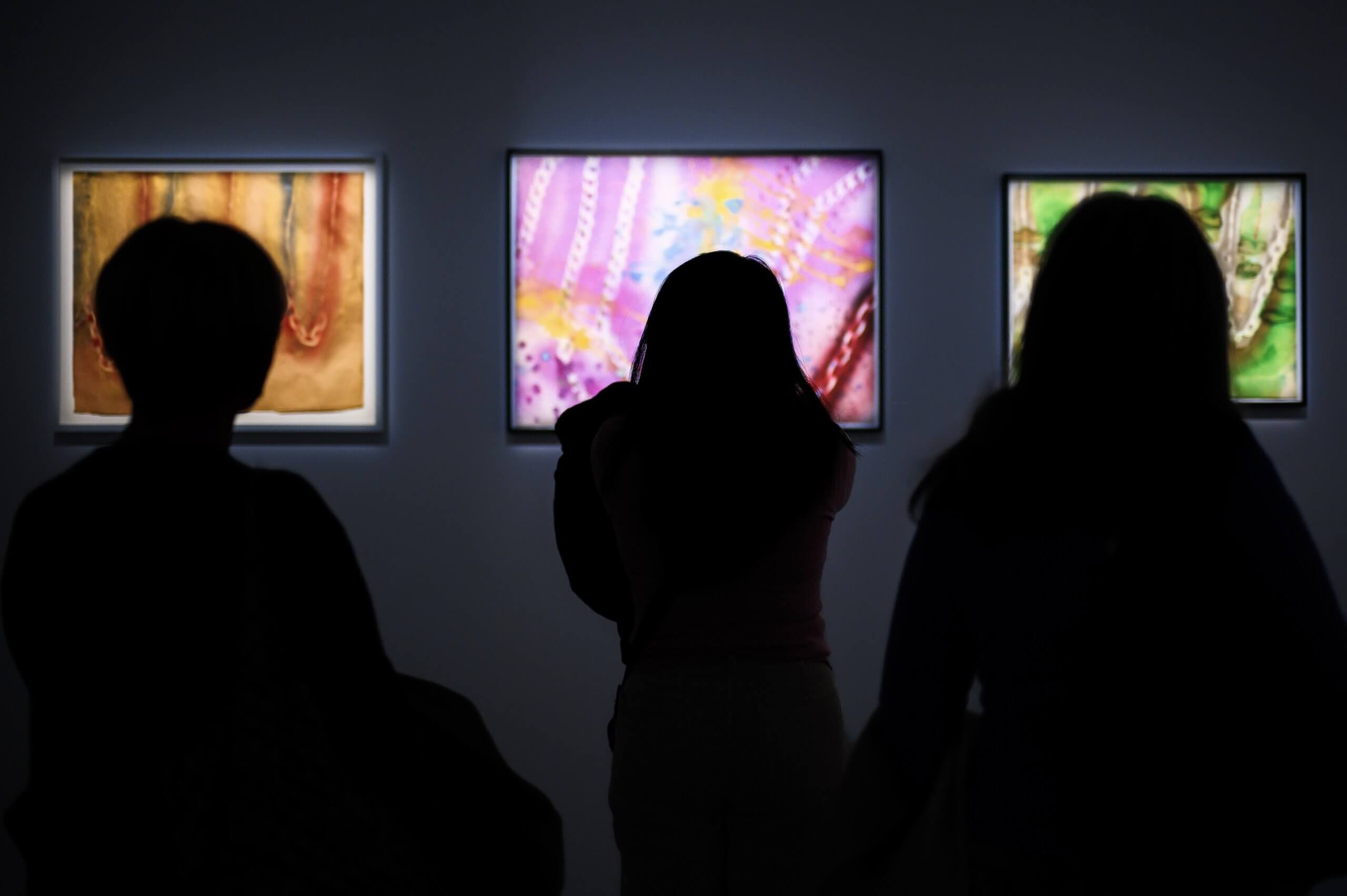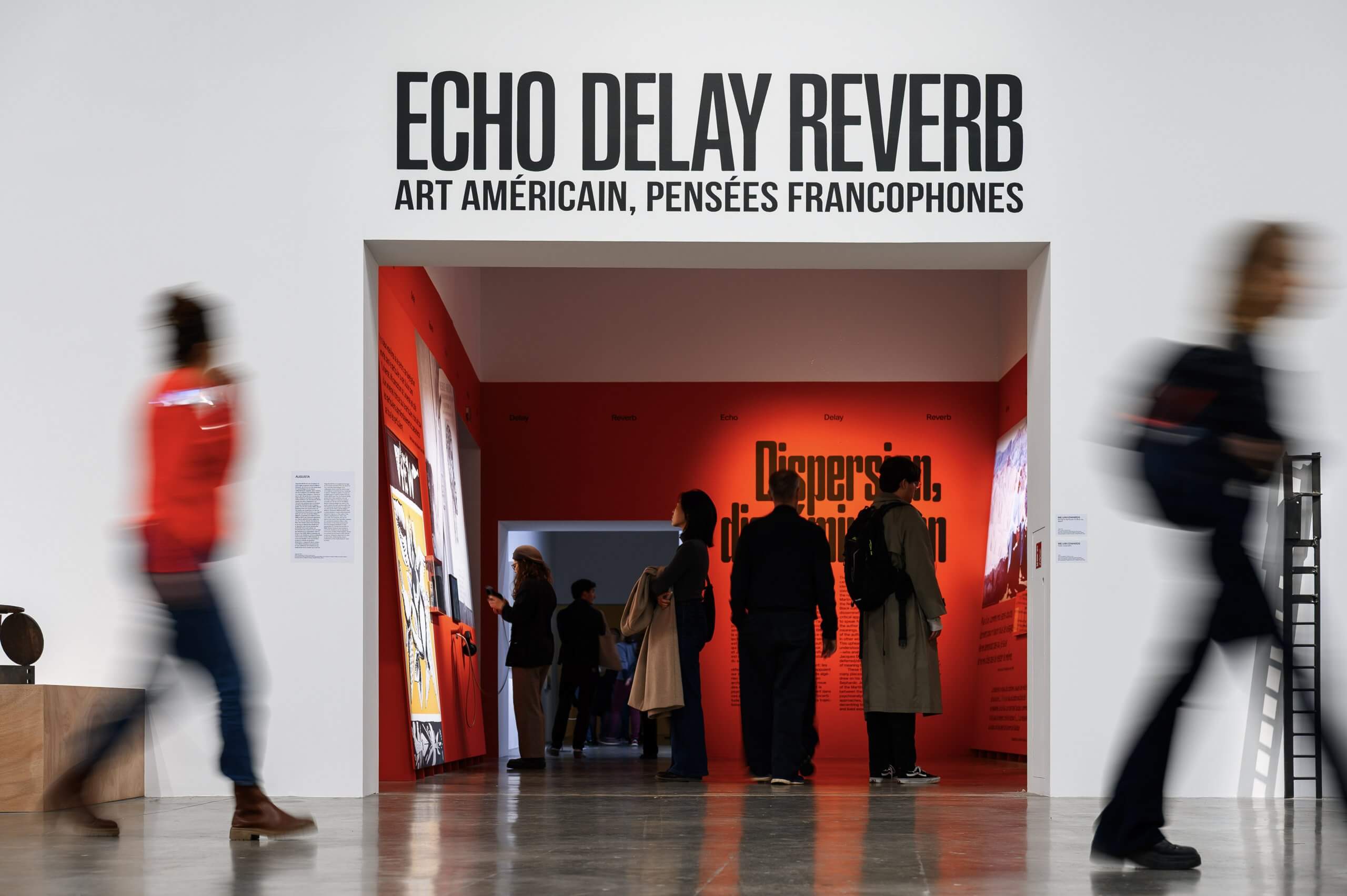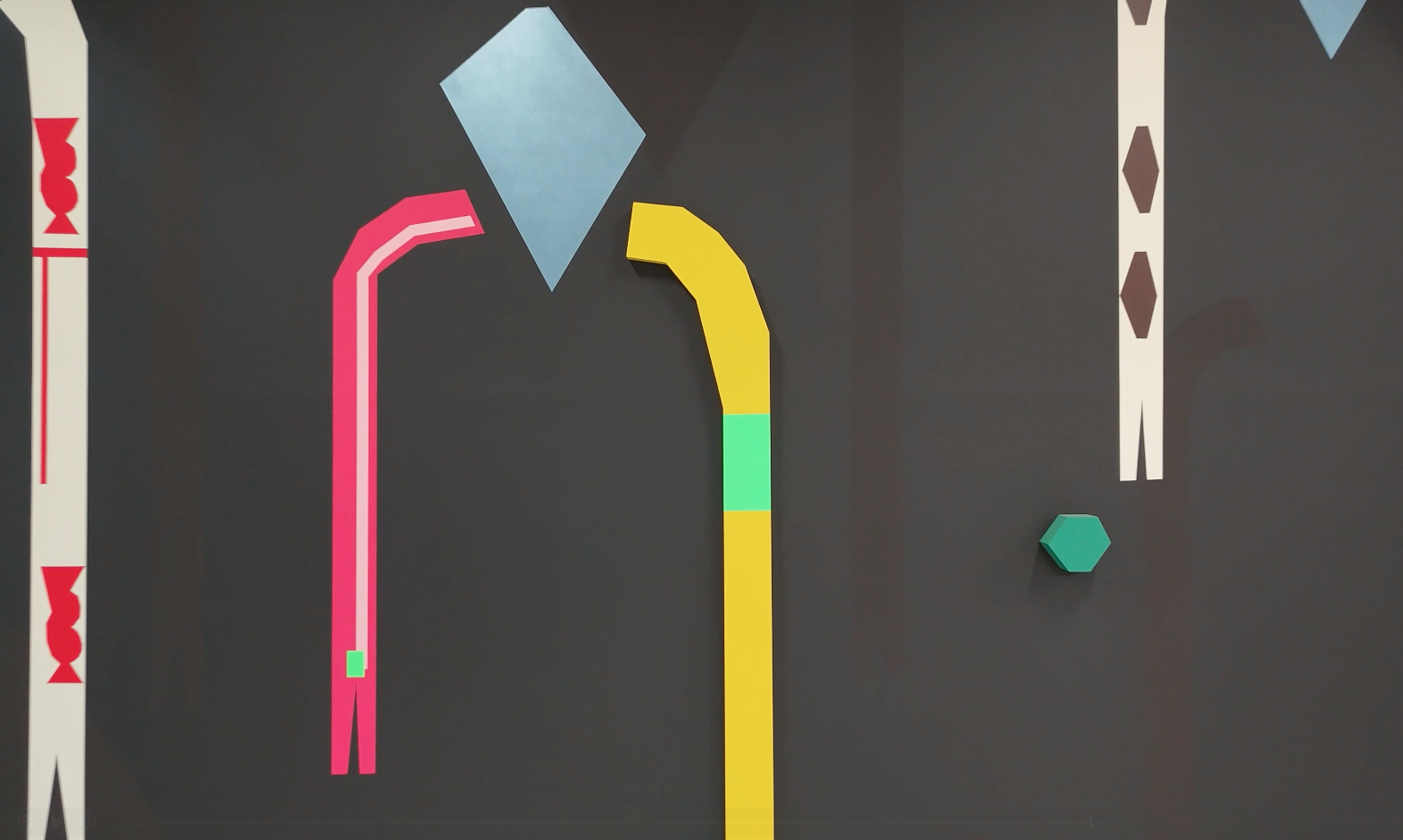SEARCH THE ENTIRE SITE
MELVIN EDWARDS
As part of the carte blanche invitation extended to Naomi Beckwith, the Palais de Tokyo is presenting a major retrospective dedicated to sculptor Melvin Edwards—an influential figure in the history of contemporary American art.
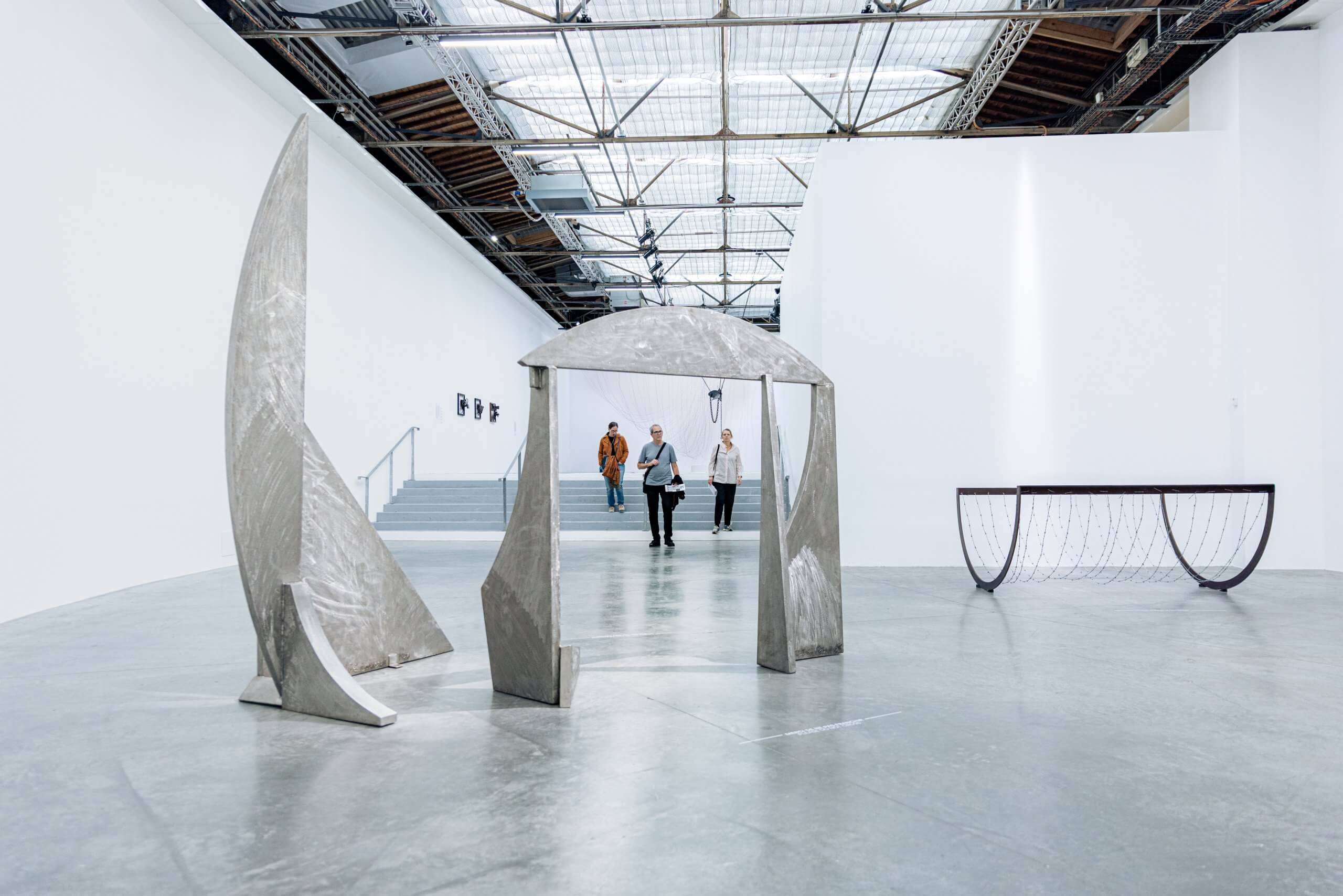
Melvin Edwards’ abstract sculptures act as portals linking the past and present of the Black Atlantic. Born in Houston in 1937, Melvin Edwards now lives and works between Baltimore and New York in the United States, and Dakar in Senegal. This exhibition covers sixty years of his practice which has been shaped by his many travels, friendships, engagements and collaborations, mainly between the United States, the Caribbean and West Africa.
Since the 1960s, Melvin Edwards has developed a unique visual vocabulary rooted in metalwork and welding, the recycling of industrial materials and tools, and the use of chains and barbed wire. In the context of the Civil Rights Movement and racial segregation that marked the beginnings of his practice, the use of these materials questions both the history of post-slavery violence in America and the cultural history of Black resistance. His sculptures are often tributes and intimate monuments and draw on his curiosity for language, architecture and knowledge production. In his own words: “The way I use art as life to transcend the confines of a whole set of classifications is a critical undertaking at this point in history, because all systems have proven inadequate.”
Deeply infused with poetry and jazz music, Melvin Edwards’ work reflects his relationships with poets such as Jayne Cortez (1934-2012), with whom he collaborated for many years on the illustrations for her books, as well as his friendships with Francophone writers such as Léon-Gontran Damas (1912-1978), whom he met in New York in 1969, and Édouard Glissant (1928-2011), whom he met in Paris in the early 1980s.
FROM 10/23/2025 TO 02/15/2026
Artistic director : Naomi Beckwith
Curators : Amandine Nana et François Piron, assisted by Vincent Neveux
This exhibition is organized in collaboration with the Fridericianum museum in Kassel (Germany) and the Kunsthalle Bern (Switzerland).
